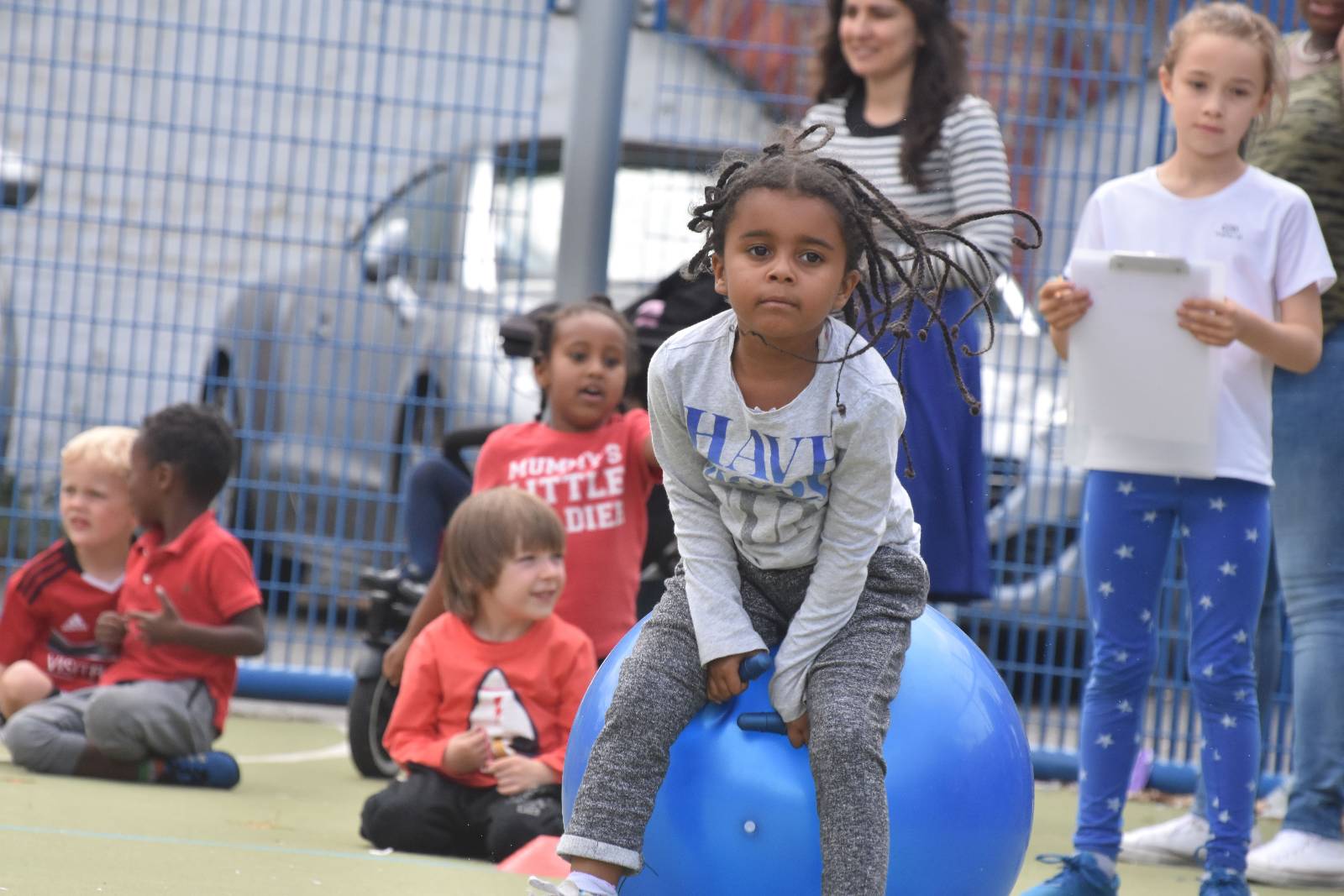Our School Curriculum
Our Curriculum Intent
At Primrose Hill Primary School we aim to provide a holistic and creative curriculum which maximises opportunities for meaningful cross-curricular links and purposeful learning experiences. We introduce our children to a breadth and wealth of subject specific knowledge and support them to develop the cognitive skills and expertise required to map out, manipulate and extend that knowledge in an ever-changing world. Our teachers are responsive to their individual children’s needs and interests, whilst working within a detailed progression framework of knowledge and skills that meets the scope and breadth of the National Curriculum.
Below is an overview of our curriculum ethos and vision, though you can find subject specific information here (including our approach to early reading).
For information on Science and our Foundation Subjects, please follow this link.
You can find further information on English, Early Reading and Maths here.
Early Years Foundation Stage
In the EYFS we follow 2021’s ‘Early Years Foundation Stage Curriculum’ document. The children’s learning experiences are planned to enable them to develop and achieve in the early learning areas through play and investigative learning experiences. The EYFS curriculum is planned for the inside and outside classrooms and equal importance is given to learning in both areas. The curriculum is planned in a cross-curricular way to enable all aspects of the children’s development.
All EYFS classes (Tadpoles, Froglets and Ladybirds) follow a rolling cycle of topics as the basis for learning experiences.
Teachers ensure that there is an equal balance across the areas of learning when they do this during their PPA time. The EYFS teaching staff share a weekly PPA session where learning pathways can be discussed and modified as required. The characteristics of effective learning are viewed as an integral part to all areas of learning and are reflected in our observations of children. The half termly topics are also enriched through the following of whole school initiatives such as ‘Everybody Writes’ events and Anti-Bullying Week as they occur during the academic year. Nursery and Reception’s Physical Development experiences are enriched through weekly specialist sessions led by the PE team. Ladybirds have specialist input from our music specialist each week and all of EYFS have singing assemblies each week led by the Phase Leader.
Key Stage 1
This consists of Year 1 and Year 2. From Year 1 we, as all schools, follow the National Curriculum. This comprises eleven subjects: English, Mathematics, Science, Computing, History, Geography, Art and Design, Music, Design and Technology, Physical Education and Personal, Social, Health and Citizenship Education.
We aim to ensure that children have a gradual and supportive transition into Key Stage 1, building on the mix of self-directed and adult-initiated learning in EYFS.
Our Key Stage 1 topics include – Space, Who am I and who are you?, The Wonders of Water, Superhero Changemakers, London Now & Then, India, Puppetry and Explorers! Subjects are woven into these topics to make meaningful links.
Phonics and the Reading Process
Whole class Phonics is taught systematically across Nursery, Reception and Key Stage 1 every day following the government validated programme of Little Wandle. This promotes a fun, pacey, multi sensory, rigorous and systematic approach to teaching phonics along with regular guided reading and carefully chosen books. You can see our approach to Early Reading here.
Guided reading is prioritised across YR – Y6, including elements of reciprocal reading in Upper Key Stage 2. From Y4 onwards, we have introduced the Reading Challenge, where children work their way through a range of high quality texts which will consolidate the many reading skills needed to achieve well and to be a confident and successful reader.
The investment of high quality and rich texts to teach the English Curriculum across the school. In addition, the promotion of grammar and technical accuracy through our ‘List of Magic’ and and a focus on drama, oracy and presentation.
Key Stage 2
We continue to follow a topic based approach in Key Stage 2, making links between subjects, continuing to be creative with topic choices, following children’s interests or events which are happening locally, nationally and globally; and further developing work on oracy and speaking and listening.
In Key Stage 2, we introduce Reading Challenges to enrich children’s reading range and vocabulary, Maths challenges to accelerate children’s mathematical fluency.
For more detail please see our Curriculum page in the School Information section.



